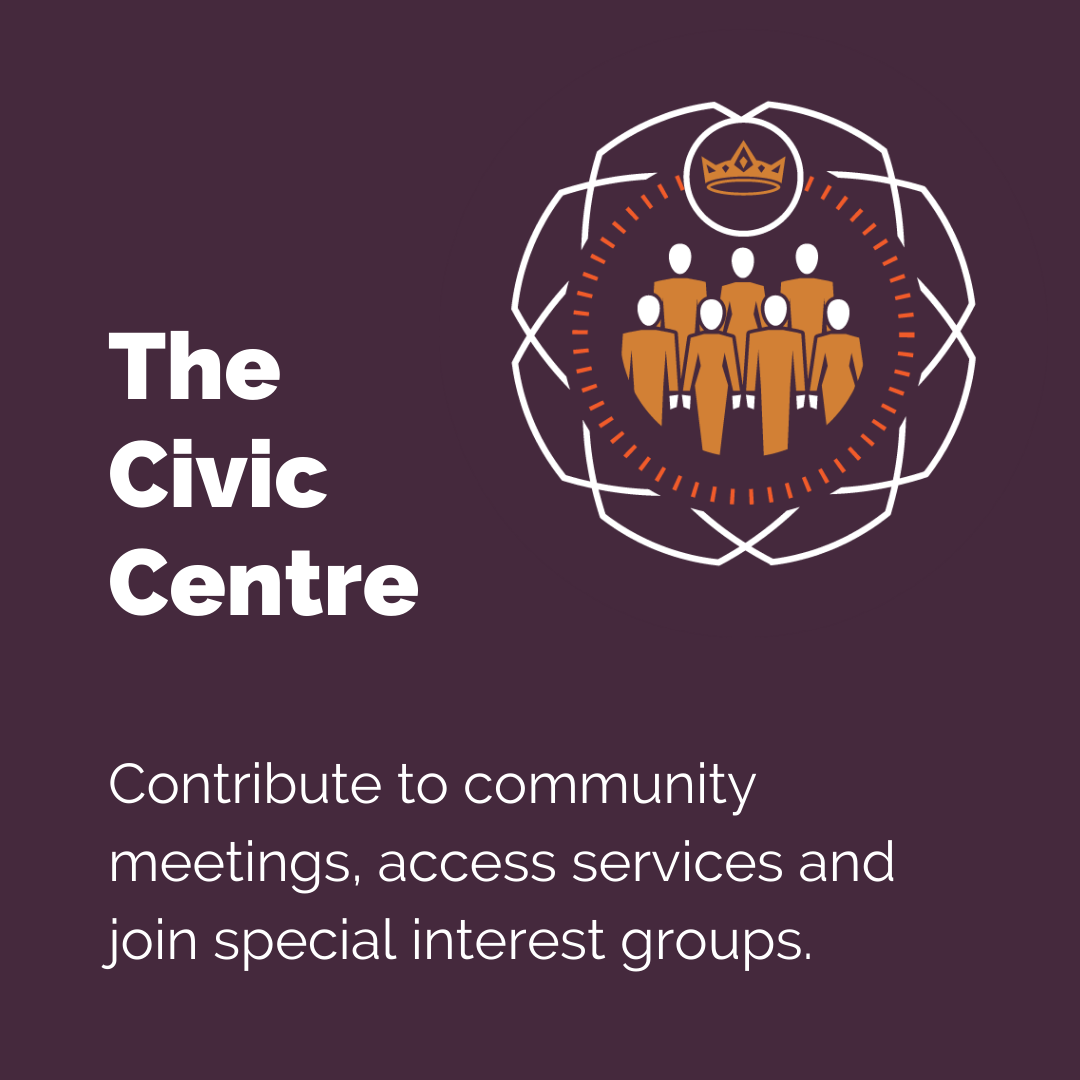I remember taking a picture many years ago which has remained one of my personal favourites. I took the picture at Bunhill Fields, which is a burial ground for nonconformist's in London.
Continue to listen or read this article below.
This picture was of me standing next to the grave belonging to a man called John Bunyan, many of us are familiar with his work especially the book called “The Pilgrim’s Progress” but are unaware of his pilgrimage.
John Bunyan was born in 1628 in Bedford and died from fever at the age of 59. His father was a tinker who went around repairing pots and pans for people. John had a moderate education, at the age of sixteen during the English Civil War he decided to join the parliamentary army. John Bunyan spent a total of three years in the military and returned home to take up his father's trade. John married his first wife two years after he left the army.
John Bunyan's wife was a massive influence on his conversion, after his salvation he joined the Bedford Freedom Church, which was a nonconformist group at the time. John was encouraged to start preaching at the church and nearby villages. He had four children from his first marriage, but one of the children was born blind. Bunyan had to manage ministry and family responsibility but sadly during this period of his life, his wife passed away leaving him as the sole provider and parent of four children.
The term nonconformist refers to any Protestant Christian, who did not 'conform' to the governance and usages of the Established Church of England. It is holding political 'principles focused on altering social structures through revolutionary means'.
The restoration of Charles II to the throne reestablished the religious act of 1592 which meant that anybody over the age of sixteen who didn’t attend church and persuaded others to do the same; denying the authority of the king in religious matters; and attending unlawful religious meetings were imprisoned without bail. Many believers and groups such as the one John was part of, advocated religious liberty. This law had a significant impact on many nonconformist groups including the one John Bunyan belonged.
One day while John Bunyan was preaching, he was made aware that a warrant was out for his arrest which would have given him enough time to escape but because of his personal conviction he decided to make a stand for religious liberty, in turn, he was arrested and taken to a local magistrate. The court justified his arrest by saying they believe the meeting Bunyan and other groups held, were being used as a cover to plot against the King. John Bunyan’s real crime wasn’t a conspiracy against the king, it was a stand for liberty, he did not conspire against the government but was standing as a nonconformist.
John Bunyan’s trial was based on his position of not conforming to the established order. John's standing was perceived as 'delievish and harmful' for not attending church and that he was holding meetings that were unlawful. The reason for this was that these meetings were assemblies for nonconformist, in turn, their actions brought “great disturbance and distraction”. In other words, their action caused people to be critical of the established order and stand against what was going on in the land.
The propaganda and government actions at the time are very similar to what is taking shape and will manifest very soon in the Nations around the world. Different events, institutions and governments agendas will be used to justify laws against citizens. The political attack in John Bunyan’s day toward religious groups was an attack on active citizenship. These men and women were very active in holding their government and institutions to account and when the need arises standing against corrupt governments and institutions. If we were to look closer at Bunyan’s allegories, we would see within it a picture of a patriot, one that stood for the liberty of the people of his nation. We are called in the same vein to stand for liberty in this hour, and for the message of citizenship of the Kingdom of God.



